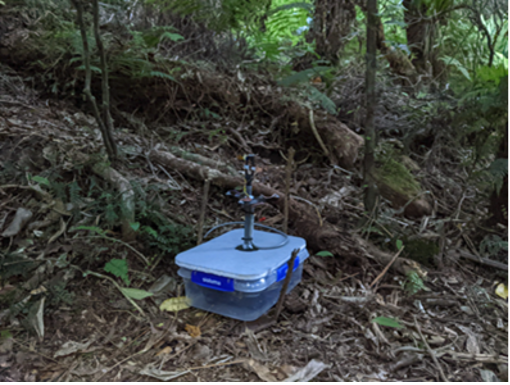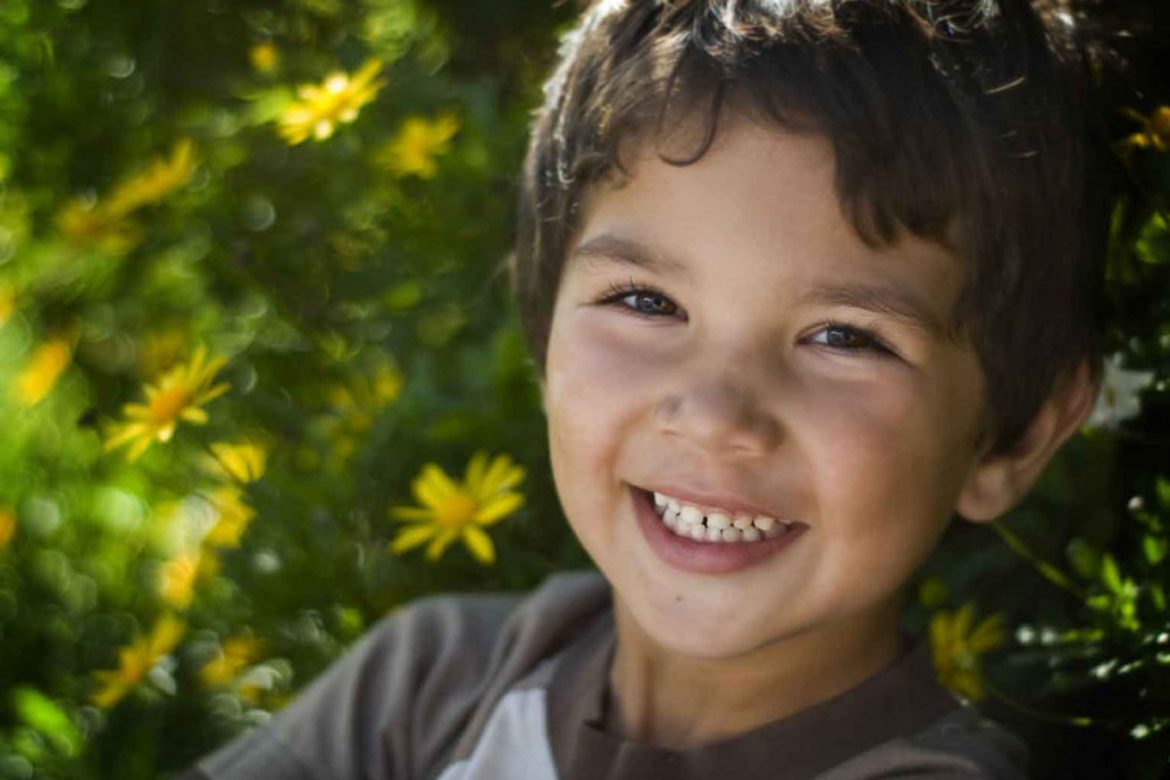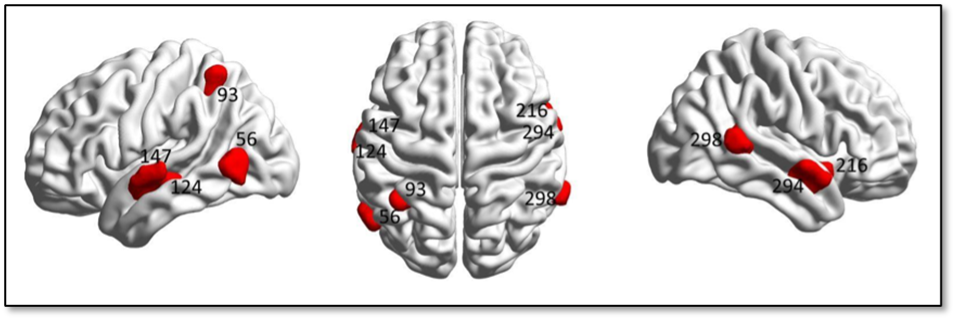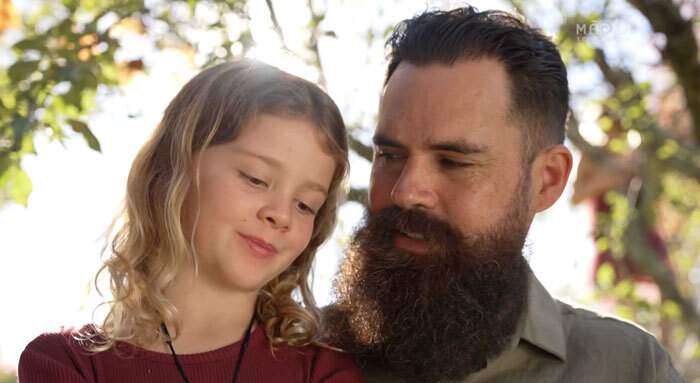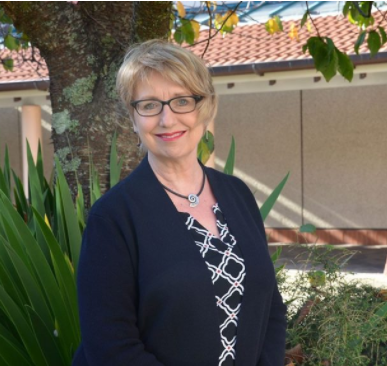The SAILS Project, Speech Audibility in Learning Spaces, initiated by SoundSkills founder Dr Bill Keith, is developing technology and methods to measure audibility of teachers’ voices in classrooms. Many studies have assessed noise levels in learning environments but none have directly measured the actual audibility (signal to noise ratio) of teachers’ voices. The project required the development of new technology.
The Acoustics Research Centre at the University of Auckland developed the technology based on their acoustic Kiwi Tracker developed for Department of Conservation rangers to help them find Kiwi nests by recognising kiwi calls and calculating their direction and distance.
The new classroom technology has now been proven in a first study in collaboration with the Ministry of Education and Dr Suzanne Purdy at the University of Auckland. It will be used in multiple studies of different learning spaces, activities, and voice types (gender, ethnicity). Student speech audibility will also be investigated since peer to peer learning is emphasised in current pedagogy in New Zealand. The results will inform classroom design and development of hearing technology products to assist students who struggle to hear clearly in school.

